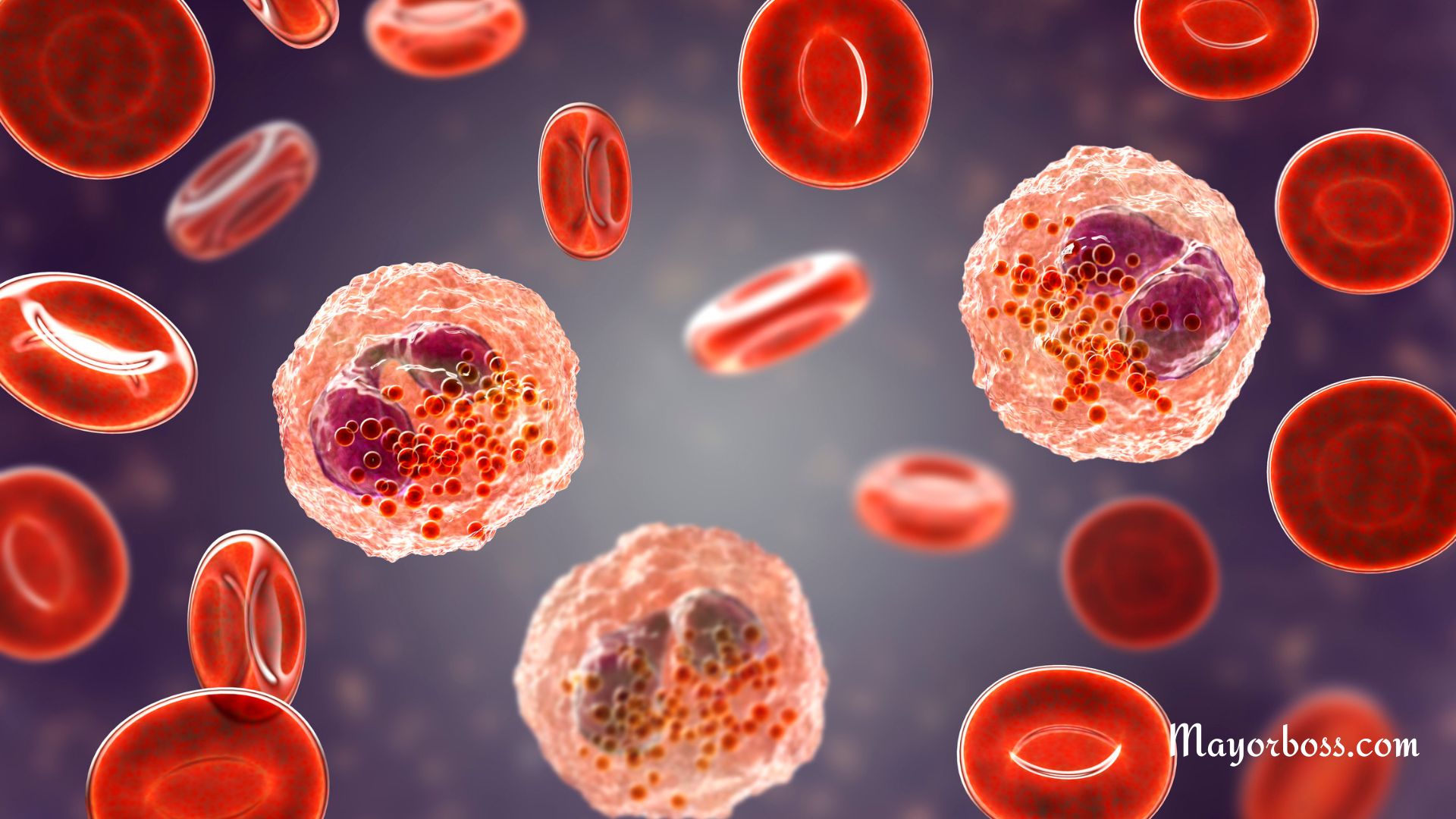High Immature Grans Abs: Causes, Symptoms, and Treatment
When you receive a blood test report, you might notice a value marked as ‘Immature Grans (Granulocytes) Abs.’ This refers to the absolute count of immature granulocytes in your blood. Granulocytes are a type of white blood cell important for fighting infection. If these levels are high, it could be an indicator of various health conditions. This article will cover what causes high immature granulocytes, their symptoms, and the available treatment options.

What are High Immature Grans Abs?
Immature Grans Abs are early forms of white blood cells, specifically granulocytes. Normally, these cells mature in the bone marrow before entering the bloodstream. However, in certain conditions, these immature cells can be released prematurely.
Causes of High Immature Grans Abs
Infections
One of the most common causes of an elevated immature granulocyte count is infection, especially bacterial infections. Your body ramps up white blood cell production to fight off the infection, leading to a higher number of immature granulocytes.
Inflammatory Conditions
Chronic inflammatory conditions, like rheumatoid arthritis, can also cause elevated levels. These conditions stimulate the immune system, leading to increased production of white blood cells.
Bone Marrow Disorders
Certain disorders that affect bone marrow function, such as leukemia or myelodysplastic syndromes, can lead to an abnormal release of immature granulocytes.
Stress Response
Physical or emotional stress can sometimes trigger a temporary increase in white blood cells, including immature granulocytes.
Symptoms Associated with High Immature Grans Abs
Often, high immature granulocyte counts don’t cause symptoms directly. Instead, symptoms are related to the underlying condition. For instance:
- If an infection is the cause, symptoms like fever, fatigue, and localized pain or swelling might be present.
- In cases of bone marrow disorders, symptoms might include fatigue, unexplained bruising or bleeding, and frequent infections.
- Chronic inflammatory conditions may present with joint pain, stiffness, and swelling.
Diagnosis
To determine the cause of high immature granulocytes, your doctor will consider the blood test results alongside other symptoms and medical history. Further tests, like imaging studies or bone marrow biopsy, may be necessary for a definitive diagnosis.
Treatment for High Immature Grans Abs
Treatment varies depending on the underlying cause:
- For Infections: Antibiotics or other antimicrobials are used to treat the infection, which should normalize the granulocyte count.
- Inflammatory Conditions: Anti-inflammatory medications or immunosuppressants may be prescribed.
- Bone Marrow Disorders: Treatment can be complex and may include chemotherapy, radiation therapy, or bone marrow transplant.
Managing Your Health
If your blood test shows high immature granulocytes, it’s important to follow up with your doctor. They will guide you through the necessary steps to identify the cause and develop an appropriate treatment plan. Remember, this indicator is often a sign of an underlying condition that needs attention.
Frequently Asked Questions
Should I be worried about high immature granulocyte counts?
It’s important not to jump to conclusions. High levels can be a sign of a temporary condition like an infection. However, consistently high levels or additional symptoms should prompt further medical evaluation.
Can lifestyle changes impact immature granulocyte counts?
While lifestyle changes like stress reduction, a balanced diet, and regular exercise are beneficial for overall health, they may not directly lower high immature granulocyte counts. However, they can positively impact conditions that contribute to these elevated levels.
Is this condition treatable?
Yes, in many cases, treating the underlying cause can normalize immature granulocyte levels. The key is accurate diagnosis and appropriate treatment.
